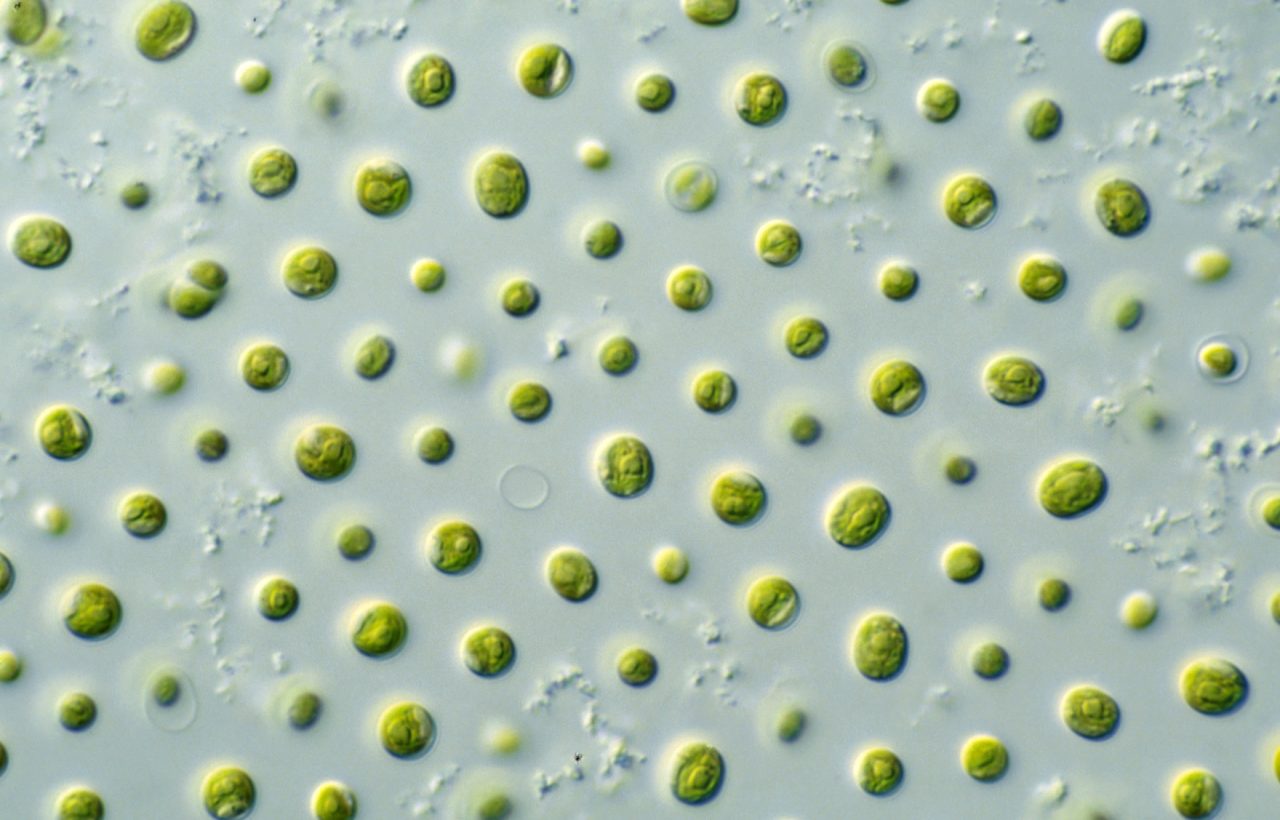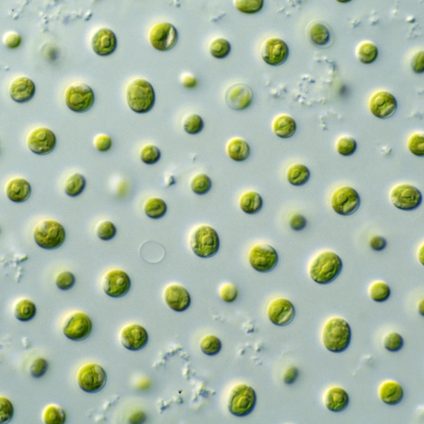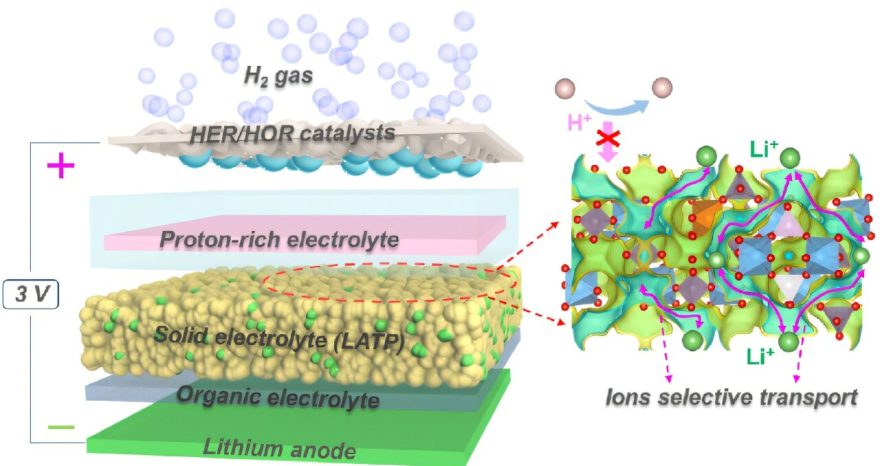Texas A&M University scientists are using an advanced learning model to increase algal yield for biofuel production.
A leap forward for energy production from algae
(Sustainabilityenvironment.com) – A U.S. research could bring the production of energy from algae to a new level. It happens in Texas where a group of scientists has developed artificial intelligence solutions to grow algae for biofuels.
Scientists have been looking for sustainable alternatives to fossil fuels in the ocean for many years now. One of these is microalgae, phytoplankton typically found in freshwater and marine systems. Although its potential as a sustainable source of biofuels has been recognized, bringing production to industrial levels while maintaining environmental sustainability has proved to be a daunting task.
“Commercialization of algal biofuel has been hampered by the relatively low yield and high cost of harvest,” explains AgriLife researcher Professor Joshua Yuan. “Limited light penetration and poor cultivation dynamics contribute to the low yield.”
Overcoming these challenges and increasing energy production from algae is the goal. To do so, Yuan and colleagues used an advanced learning model capable of predicting sunlight penetration, growth and optimal algae density. Not only that. The model – already patented – allows for continuous harvesting using hydroponics to maintain rapid growth at the optimal density.
Record yield
The project was put to the test in an outdoor experiment, growing an engineered strain of Synechococcus elongatus from which to extract limonene. The result? Algal biomass grew by 43.3 grams per m2 per day. A value that scientists say would represent a world record. The U.S. Department of Energy’s latest target range was 25 grams per square meter per day.
“Algae can be used as an alternative energy source for many industries, including biofuels and as an aircraft fuel,” Yuan said. “They represent a good alternative fuel source for this sector. It also constitutes an alternative feedstock for bioethanol refineries without the need for pretreatment […] It also provides a more efficient way of carbon capture and utilization.”













